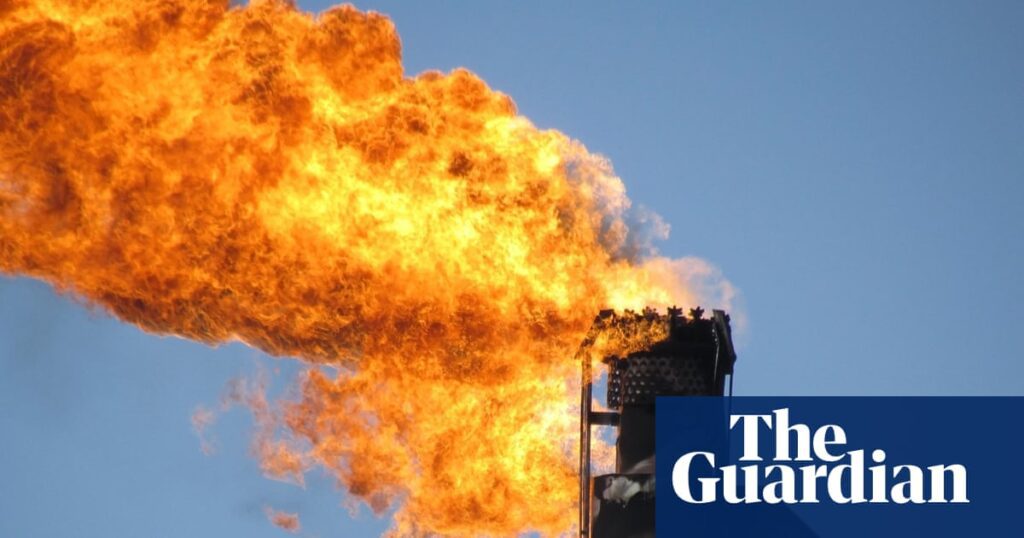A World Bank report revealed that the fossil fuel industry emitted 389 million tons of carbon pollution in 2024 through unnecessary gas flaring, a process that burns off methane to manage pressure during oil extraction. Despite rising energy security and climate concerns, flaring levels hit their highest since 2007. The gas burned amounted to 100 million cubic meters, a 3 billion cubic meter increase from the previous year.
Zubinbamji, from the World Bank’s Global Flaring and Methane Reduction Partnership, criticized the practice as wasteful, noting that countries like Russia, Iran, and the U.S. contributed to three-quarters of all flaring. Regulations to curb flaring are weak, with companies lacking incentives to improve practices.
Experts emphasize the need for more political will and regulatory pressure to implement known, cost-effective solutions. The International Energy Agency targets the elimination of routine flaring by 2030. Some countries, like Kazakhstan, have seen significant reductions by enforcing stricter regulations. Overall, improving global governance and support for infrastructure is essential to address flaring and enhance energy security.
Source link


